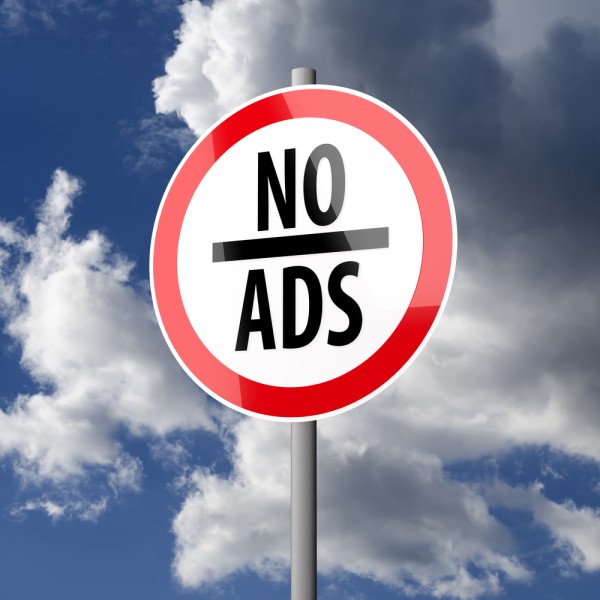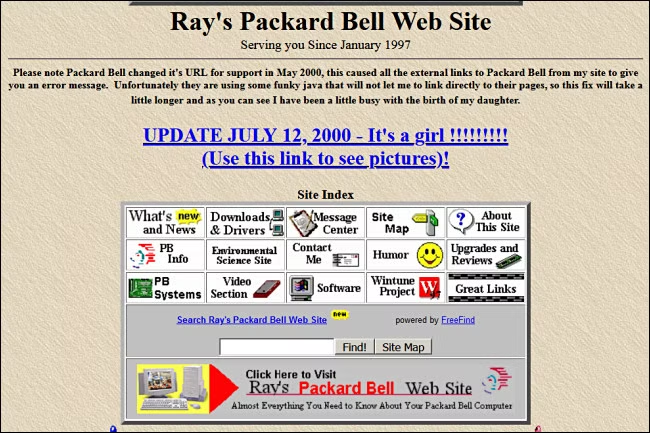Datamining and Ads

Many large websites today are full of ads and AI algorithims stealing your data and exploiting it for profit. For example, on YouTube, you will usually have to watch two or three ads before getting a whole ten minutes before another ad. You may have noticed that a lot of these ads seem oddly personal, and that's thanks to all the data they are collecting from you. This data is usually non-sensitive, but can include things like location and credit card info (if you are paying for a subscription). With your own personal website, all of this datamining and endless bombardment of ads can be easily... adverted. ;)
Business

Most businesses now adays have websites, which usually hold information about the business. If you own a business and don't have a website, it may be harder for you to get recognized on the internet. Having a website for a business will allow your store to show up on search engines like Google or Bing. Having a website for your shop will also allow you to spread word of it online more easily, as just sharing a link is easy.



